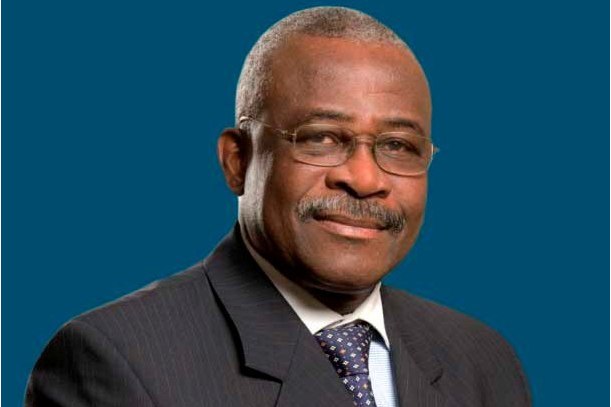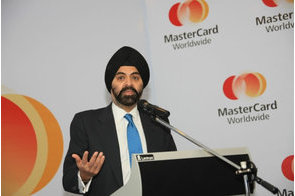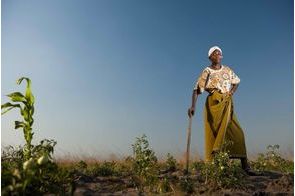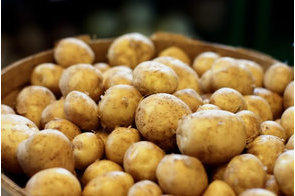IFAD nominates Togolese, Moroccan, among candidates for next president

Summary
Current president of IFAD, Kanayo F. Nwanze, will serve out his second term by March 31, 2017.
The United Nations International Fund for Agricultural Development (IFAD) has nominated eight candidates for the February 14, 2017 election of its next President. The candidates were announced following the meeting of member states at IFAD’s headquarters in Rome on January 19-20, according to a statement released on Friday.
IFAD said the nominated candidates and their nationalities are: Bambang P.S. Brodjonegoro (Indonesia), María Eugenia Casar Pérez (Mexico), Professor Paolo De Castro (Italy), Ismahane Elouafi (Morocco), Gilbert Fossoun Houngbo (Togo), Rasit Pertev (Turkey), Josefina Stubbs (Dominican Republic), Pio Wennubst (Switzerland). Over the two days of the meeting, the candidates introduced themselves and engaged in discussions on the challenges and opportunities of IFAD. About 200 representatives attended the meeting of the 176 IFAD member-states.
"The President is IFAD’s most senior position with responsibility for leading the organization and chairing its Executive Board," IFAD said.
Current president of IFAD, Kanayo F. Nwanze, a Nigerian, will serve out his second term by March 31, 2017. The President of the Rome-based agency is elected for a four-year term, renewable once. The newly elected President will take office on April 1st, 2017. The Governing Council of IFAD will hold its annual meeting on February 14-15, during which time the next president will be elected.
"The next IFAD President will take up the helm at a time when boosting investments in smallholder agriculture will be essential to achieve the Sustainable Development Goals of ending poverty and hunger. Indeed, in a rapidly changing world with growing demand for food, increased migration to cities and the impact of climate change and environmental degradation, IFAD investments in rural areas of developing countries have never been as relevant and important," IFAD stated.
The UN agency said since 1978, it has provided about $18 billion in grants and low-interest loans to projects that have reached 462 million people.
Related
-
MasterCard partners impact investors to support smallholder farmers in Africa
AgDevCo, ICCO Cooperation, and Root Capital are helping to improve livelihoods of 1.1 million farmers in 11 countries.
-
The need for women entrepreneurs, innovators and leaders in Africa’s agriculture
Women contribute on the average 40 per cent labour participation in the agriculture sector in sub-Saharan Africa. ...
-
IFAD’s support to strengthen agriculture capacity in DRC
International Fund for Agricultural Development has agreed to invest $33.8 million to finance an agricultural project in ...







